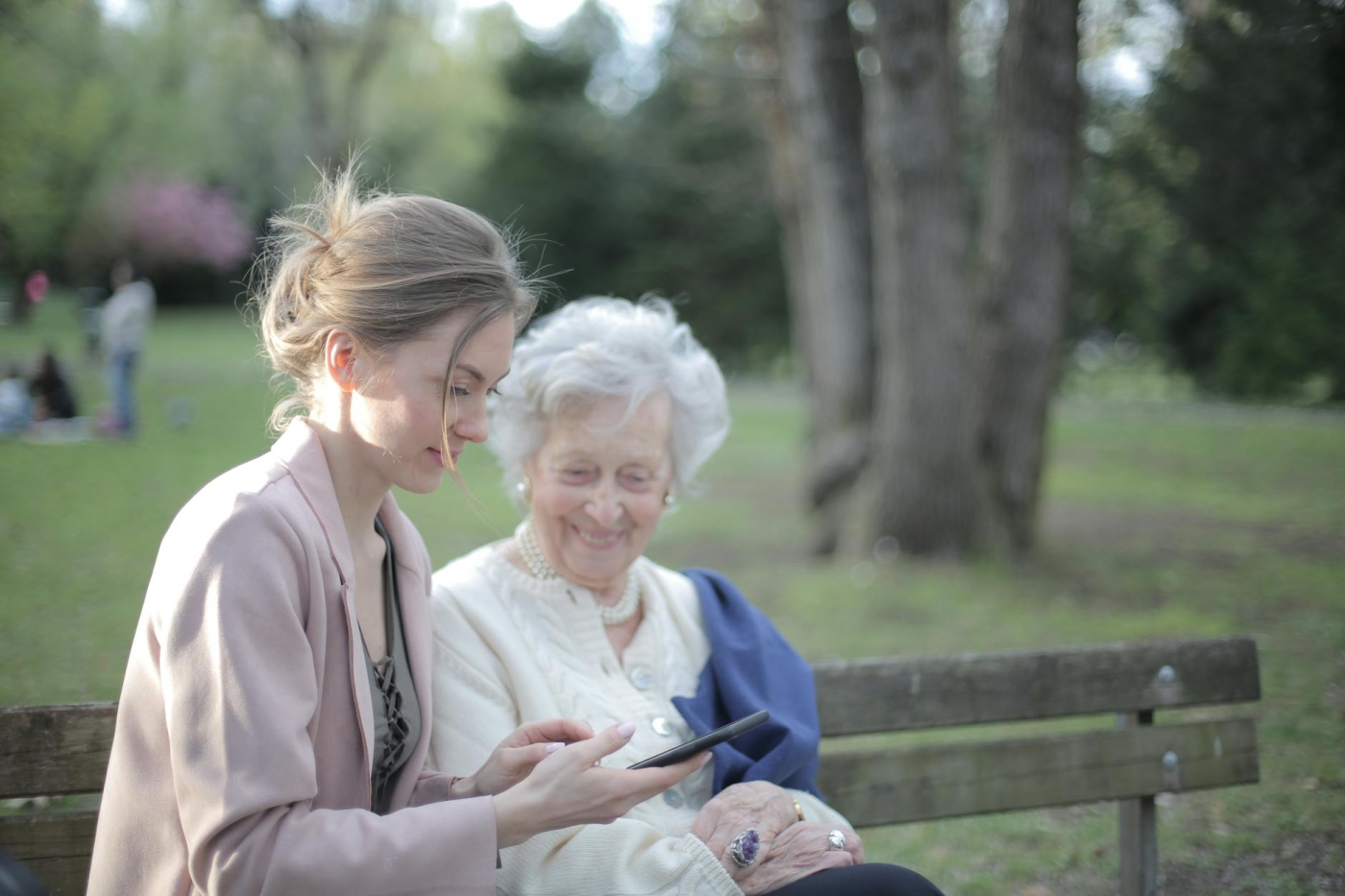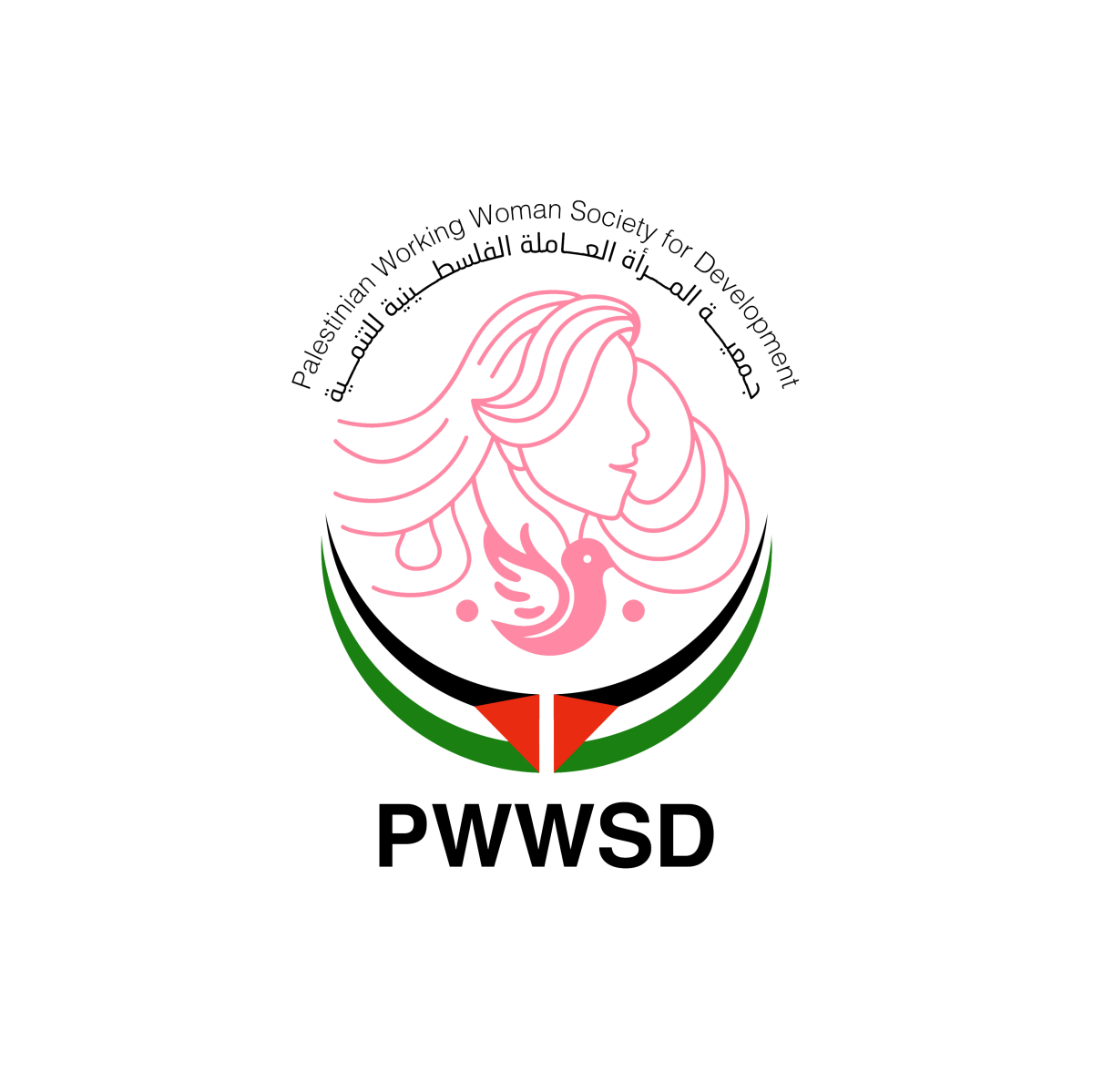Open Dialogue

On Monday July 30th, 2018, PWWSD launched an open dialogue under title “increasing the sensitivity of our decision-makers towards the economic situation of women running local cooperatives,” and which was part of a sister project titled “economic support and local development of women in Ramallah and Tulkarem.” Participants discussed the significance of women’s economic participation and its effect on domestic income rates; they also discussed the importance of representing women in decision-making positions which may deepen the understanding of how important it really is for women to be represented outside the stereotypical roles associated with women.
Mr. Nihad Soboh, Director of the Chamber of Commerce and Industry in Tulkarem, presented several documented facts that recognize the need for women’s economic participation, as it is important that we Palestinians consume locally-made products in order to preserve our cultural heritage and pass on the skills and knowledge gained by these women to young men and women; he also stressed the importance of raising the quality standards of Palestine-made products in order to intensify the BDS movement.
Mr. Kamal Ghanem, Director of the National Economic Directorate, presented his piece on the reality of women under the country’s current economic situation, which is documented in official files, and the need to promote local products; this is where Mr. Ghanem pointed out that Tulkarem is famous for having vast agricultural farmlands and the women of local cooperatives may be able to utilize its surplus of resources.
Ms. Maysoun Zureiqi, economic caseworker in Tulkarem, declared that a woman’s economic participation requires support either through existing laws, or the enabling environment, and that her work should be dependent upon three factors: networking of government departments, the civil society, and special representatives who will provide additional support to working women who also have large families to support.
The open dialogue came to a close after several recommendations had been made based on the inputs given by the women from the local cooperatives and micro-entrepreneurs.






